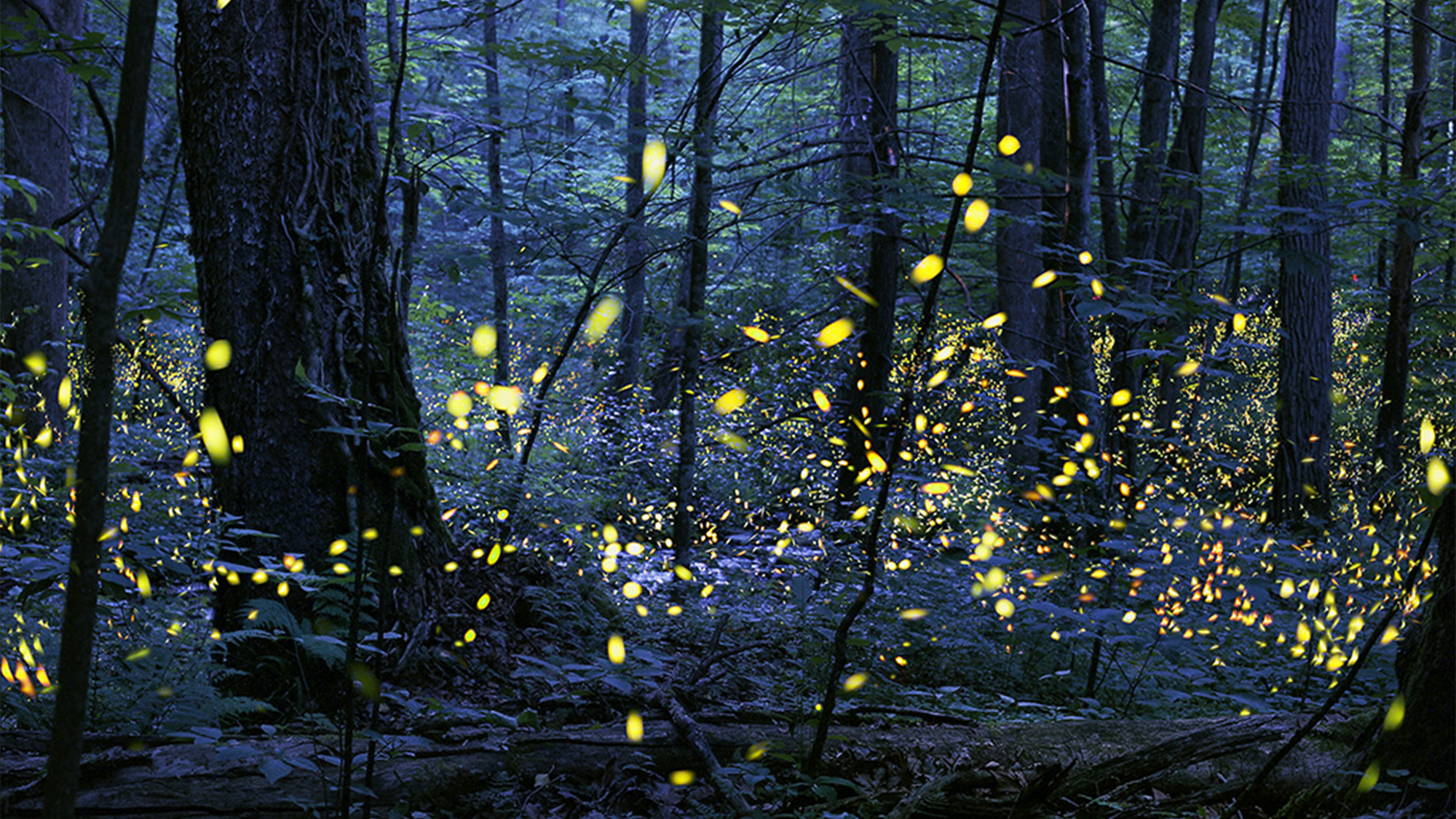FDA approves lab-grown salmon | Popular Science
The FDA has greenlit the first lab-grown fish for public consumption, and it’s already available in a restaurant. The dish’s developers at the startup Wildtype confirmed the regulatory milestone last week, but for now, hungry and curious taste-testers will need to head to Portland, Oregon, to sample the company’s “cultivated salmon.”
“We’re proud to share that we completed a thorough pre-market safety consultation with [the] FDA,” Wildtype said in its announcement along with a link to the agency’s response letter.
FDA’s Director Office of Food Chemical Safety, Dietary Supplements, and Innovation Human Foods Program confirmed the agency has “no questions at this time” about Wildtype’s “cultured salmon cell material,” and described it “as safe as comparable foods produced by other methods.”
As The Verge notes, such consultations are entirely voluntary for companies, but can still serve as a means to boost consumer confidence and help legitimize a product.
Wildtype’s salmon is not the first lab-grown food to receive the FDA’s stamp of approval—that honor went to two companies’ cultured chicken in 2022—but this does mark the first time a lab-grown fish has earned the distinction. What makes Wildtype’s project particularly distinctive is its choice of salmon cut. Unlike lab-grown chicken or beef, the company is creating sushi-grade “saku” cuts that are intended to be eaten raw. These uniformly cut blocks of fish are most often served as sashimi, and do not require any cook time.
To achieve this, Wildtype’s researchers first harvest living cells from Pacific salmon before transporting them for cultivation. In specially designed equipment, these cells are then grown in cultures with conditions similar to those in the wild fish itself. These include fine-tuned pH levels, temperatures, nutrients, and other factors that induce the cells to develop to a point when engineers can harvest them. From there, the team integrates “a few plant-based ingredients” to help hone the flavor, texture, and appearance of wild salmon filets.
Wildtype’s cultivated salmon debuted in late May at Kann, a James Beard Award-winning Haitian restaurant located in Portland, Oregon. Overseen by chef Gregoary Goudet, the saku cuts are currently paired with spiced tomato, pickled strawberry, strawberry juice, and a rice cracker topped with epis, a pesto-like traditional Haitian blend of garlic, peppers, and herbs. Kann will begin including the salmon on its daily menu in July, while Wildtype says another four restaurants plan to integrate the fish into their own dishes in the coming months.
The next restaurants have yet to be named, but they likely won’t be located in one of the eight states that have already instituted bans on serving lab-grown meat. These prohibitions aren’t based on any particularly well-founded concerns, however. Critics frequently cite a threat to the farming industry, but given the comparative costs, lab-grown meat isn’t likely to supplant traditional options anytime soon.
Source link








